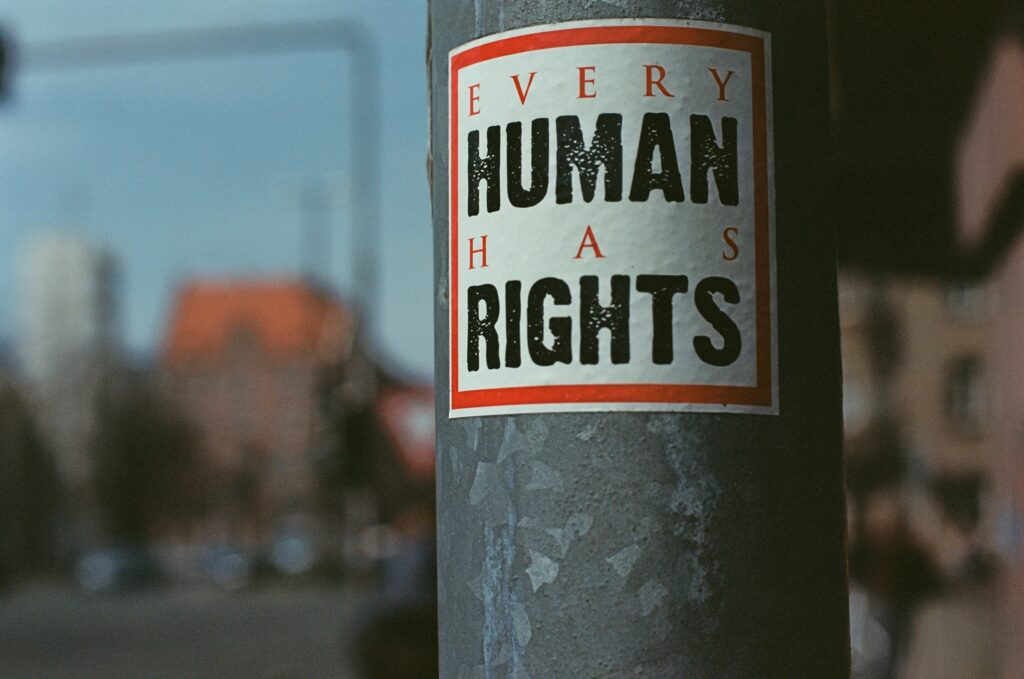This article highlights how human rights have become an integral part of the discussion amongst policymakers and business leaders and how 2023 is a turning point.
Many factors are driving businesses towards implementing human rights policies and holding them accountable by making such commitments public. These developments will not be without litigation and financial and reputational consequences.
Here are Five key priorities for 2023:
- Keep up with the shifting regulatory framework. Across the globe, policymakers have shifted the regulatory framework from soft law to hard law, including Japan, Germany and Norway. In tandem, two key EU proposals, namely the Corporate Sustainability Reporting Directive (“CSRD”), coming into force in January 2023, and the Corporate Sustainability Due Diligence Directive (“CS3D”), still being discussed, are close to implementation. Under the CSRD and CS3D, companies and investors are expected to report their due diligence efforts in addition to other mandatory reporting requirements. Additionally, many EU countries are already integrating such initiatives on national levels. CSRD is designed to ensure broad coverage of SMEs over time.
- Double down addressing Forced Labor issues. Governments are taking a variety of steps to prevent and mitigate risks of forced labor along the value chain: from raw material to professional services executing low skilled services. Modern slavery acts adopted in the UK and Australia and likely coming in Canada. EU is currently drafting a Forced Labor directive. EU taxonomy is calling upon investors and asset managers to explore the Primary Adverse Sustainability Risks of their investments in support of Green Transition, where they need to demonstrate genuine effort and engagement mitigating risks generated by solar panels, electric vehicles and other green buildings and infrastructures. In addition to continued active enforcement of the U.S. Uyghur Forced Labor Prevention Act. Governments are taking comprehensive and holistic approaches to prevent and disincentivize the use of forced labor – a trend that will continue in 2023. It is imperative to ensure that minerals, e-waste and other related materials are not sourced at the expense of human costs and social impacts.
- Obligation to conduct mandatory human rights and environmental due diligence for specific sectors. While many businesses are embarking on their “human rights journey,” businesses and investors are expected to take positive measures to identify and minimise potential human rights violations in their supply and value chains. As such, policymakers are introducing regulations introducing an obligation to conduct human rights and environmental due diligence to curb structural issues like forced labour or other human rights abuses and environmental damages. In response to ongoing calls to action, the US, followed by the EU, had recourse to trade controls and sanctions to combat the production and sale of products made by forced labour in the US/EU. Similarly, the EU all economic operators placing batteries on the EU market, except for SMEs, will be required to develop and implement a “due diligence policy” consistent with international standards to address the social and environmental risks linked to sourcing, processing and trading, of raw materials and secondary raw materials.
- Integrate human rights in the green transition. Increasingly leading businesses and investors with strong climate commitments discover the importance of just transition to make the commitments real. Failing to account for a just and inclusive transition will face legal, financial and reputational consequences coming through: disputes, resistance to change, discriminatory practices, conflicts.
- Effectively test and measure impact. 2023 is the year of implementation, testing and measuring. We have moved beyond statements and commitments. Companies and investors are expected to prove impact and improve real-life outcomes for people and the planet. Stakeholders are also expected to meet this expectation by holding companies and investors to account at this level and go beyond what is mostly rated and benchmarked today, just commitments that give us a false impression of how sustainable products and services are. The same goes for those advising them, namely lawyers and consultants. It is time to invest in “on the ground” solutions engaging “real world workers” and improving lives of the most vulnerable segments of the workforce across value chains.
Ksapa, based in Paris, France, with offices in London and New York, is a leading global platform which can help your company implement the takeaways from this article. Working with a large number of some of the most influential investors and companies, Ksapa operates with a network of 150+ experts located across Europe, North & Latin America, Africa and South East Asia. Get in touch with us and let us know how we can help.









